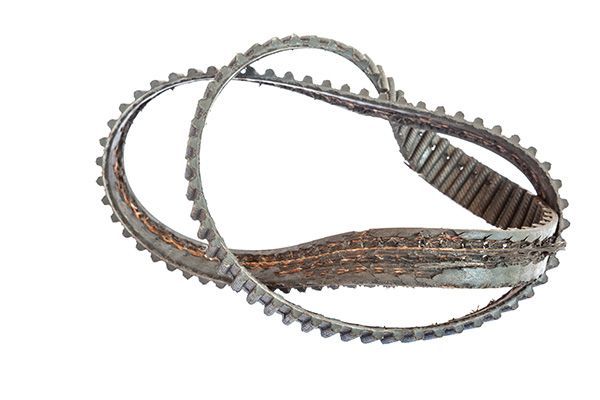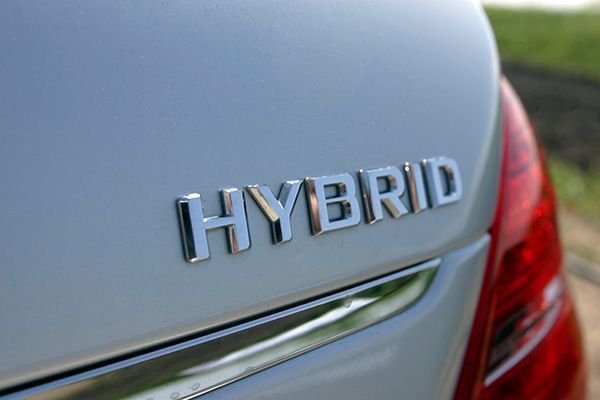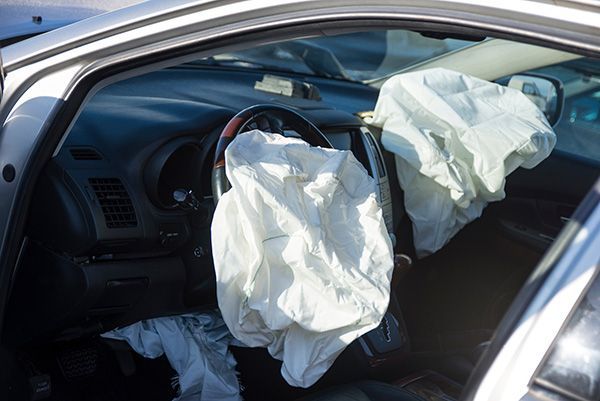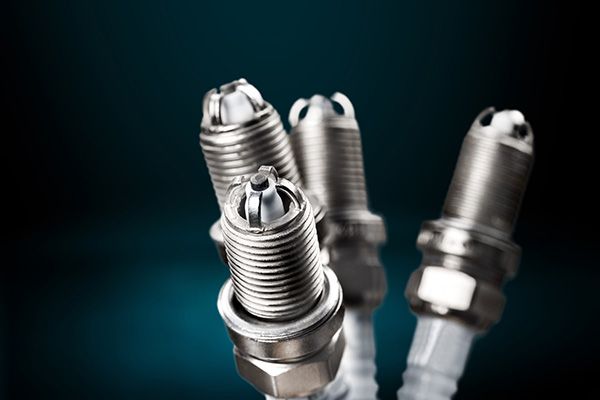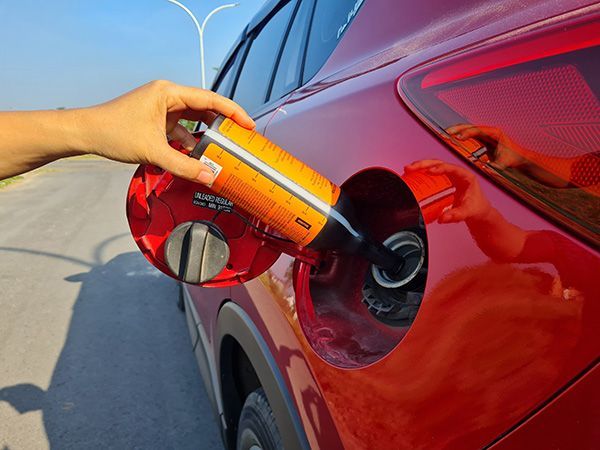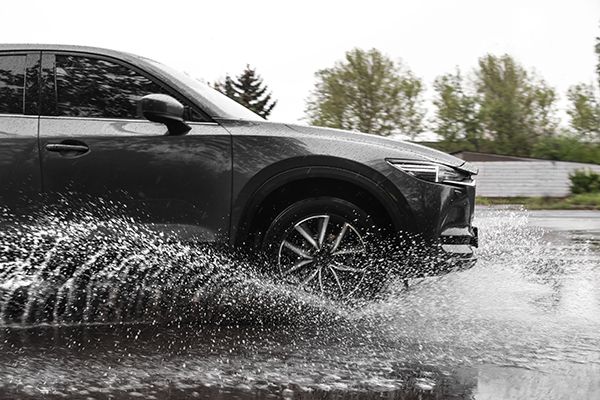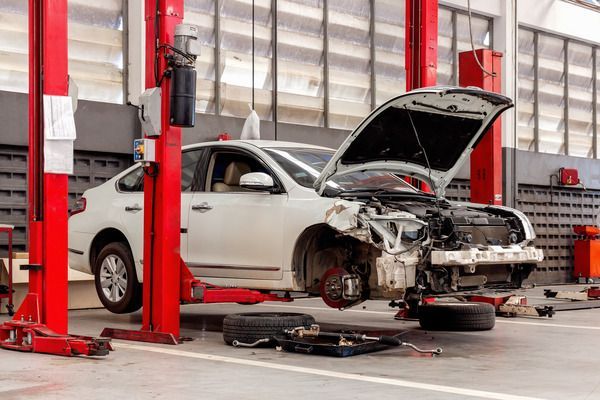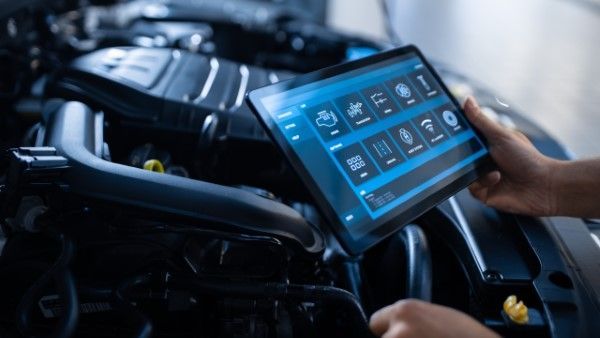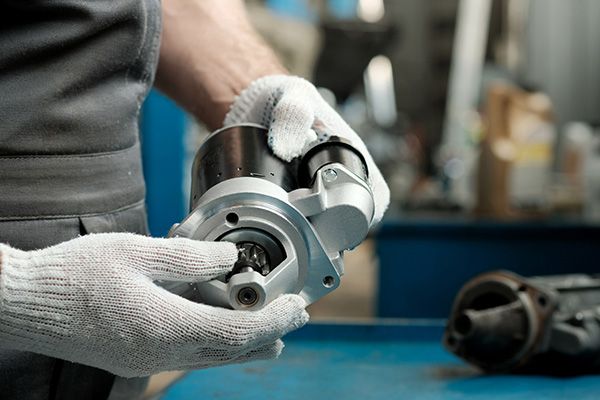
There’s nothing more frustrating than hopping into your car, turning the key, or pressing the start button and being met with silence or strange sounds. Whether rushing to work or heading out on a trip, a car that won’t start can throw off your whole day. But before you panic, know that this is a common issue, and it doesn’t always mean your car is out of commission.
There are a few things you can check and try to potentially fix the problem or identify the cause.
Check the Battery
The most common culprit when your car won’t start is a dead or weak battery. If you notice that the lights are dim or not turning on at all, it’s likely the battery is the issue. Even if your lights do come on, your battery might not have enough power to turn over the engine.
Here’s what you can do:
Jump-Start the Car
Use jumper cables to connect your car to another vehicle with a fully charged battery. Let the charging vehicle run for a few minutes, and then try starting your car. If it starts up, you’ve likely got a battery issue.
Check for Corrosion
Sometimes, the battery terminals become corroded, blocking the connection. If you see a white, powdery substance around the terminals, cleaning it off with a wire brush can help improve the connection.
If your battery frequently dies or struggles to start your car, it’s time to consider getting a replacement.
Listen for Clicking Sounds
If you turn the key or press the start button and hear a rapid clicking noise, that’s another clue that your battery is either dead or struggling to provide enough power. The clicking sound is typically the starter solenoid trying to engage the engine but failing due to insufficient power. Again, this points to a potential battery issue, and attempting a jump-start could help.
If the battery isn’t the issue, the starter itself could be the problem. A bad starter won’t engage the engine at all, leaving your car silent when you try to start it.
Inspect the Alternator
While the battery provides the initial power to start your car, the alternator is responsible for keeping the battery charged as you drive. If the alternator isn’t working correctly, it may drain the battery over time, even if the battery itself is in good shape.
If your car starts after a jump but dies again shortly after, or if you notice warning lights on your dashboard (often a battery-shaped light), your alternator may be at fault. Unfortunately, this issue typically requires professional attention to diagnose and fix.
Is It the Ignition Switch?
Sometimes, the problem isn’t with the battery or alternator but with the ignition switch itself. If your car’s dashboard lights flicker when you turn the key or press the start button, or if your key feels loose in the ignition, this could indicate a faulty ignition switch.
If you have a push-start vehicle, ensure that the key fob’s battery isn’t dead. If the key fob battery is dead, your car might not detect the fob, preventing the car from starting.
Check the Fuel System
This might seem obvious, but make sure your car has enough fuel! Running out of gas is one of the simplest explanations for a car that won’t start. If you’re sure you have fuel but the car still won’t start, there could be an issue with your fuel pump or fuel filter. A clogged fuel filter can block the flow of gas to the engine, while a failed fuel pump can stop fuel from reaching the engine at all.
If you suspect a fuel issue, it’s best to get your car checked out by a professional, as these repairs are more complicated.
Don’t Ignore the Starter Motor
The starter motor is what physically turns the engine to get it going. If the starter motor fails, your car won’t start, even if everything else is working perfectly. One common sign of a bad starter motor is a grinding noise when you attempt to start the car. Other symptoms include the car starting intermittently or not responding at all when you turn the key.
Unfortunately, if your starter motor is dead, you’ll need to have it replaced by a professional. It’s not a part that can be easily repaired on your own.
Check the Key or Fob
Modern cars rely heavily on electronics, and sometimes, the problem could be as simple as a malfunctioning key fob or key. If your car uses a keyless entry system, try replacing the battery in the key fob. If you use a traditional key, ensure that it’s not damaged or worn, as a faulty key may not engage the ignition correctly.
If your car is giving you trouble starting, it's time for a professional diagnosis. Visit
Autotrends for
expert service and repairs you can trust. We’ll make sure you’re driving worry-free.


